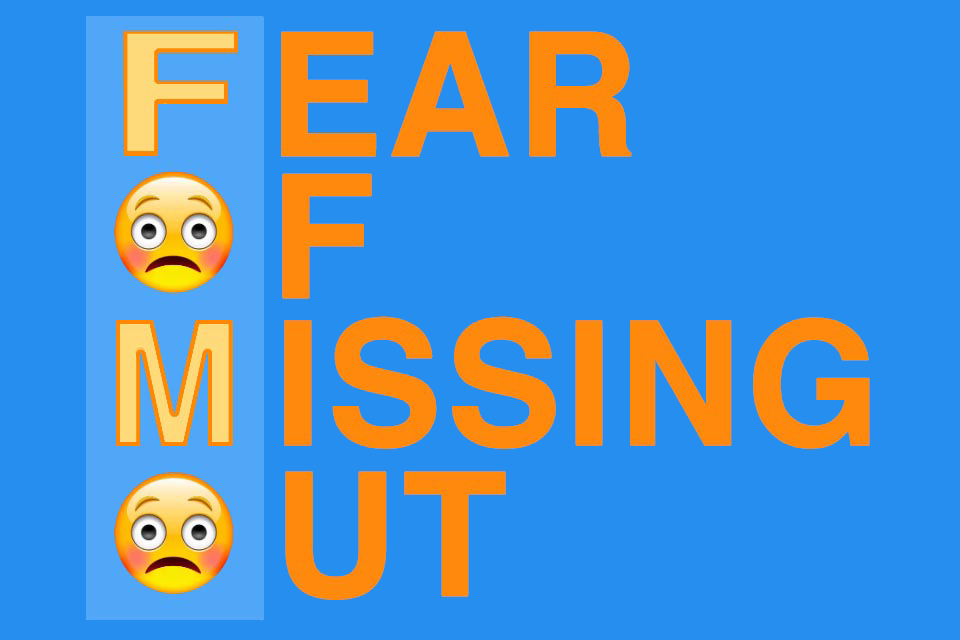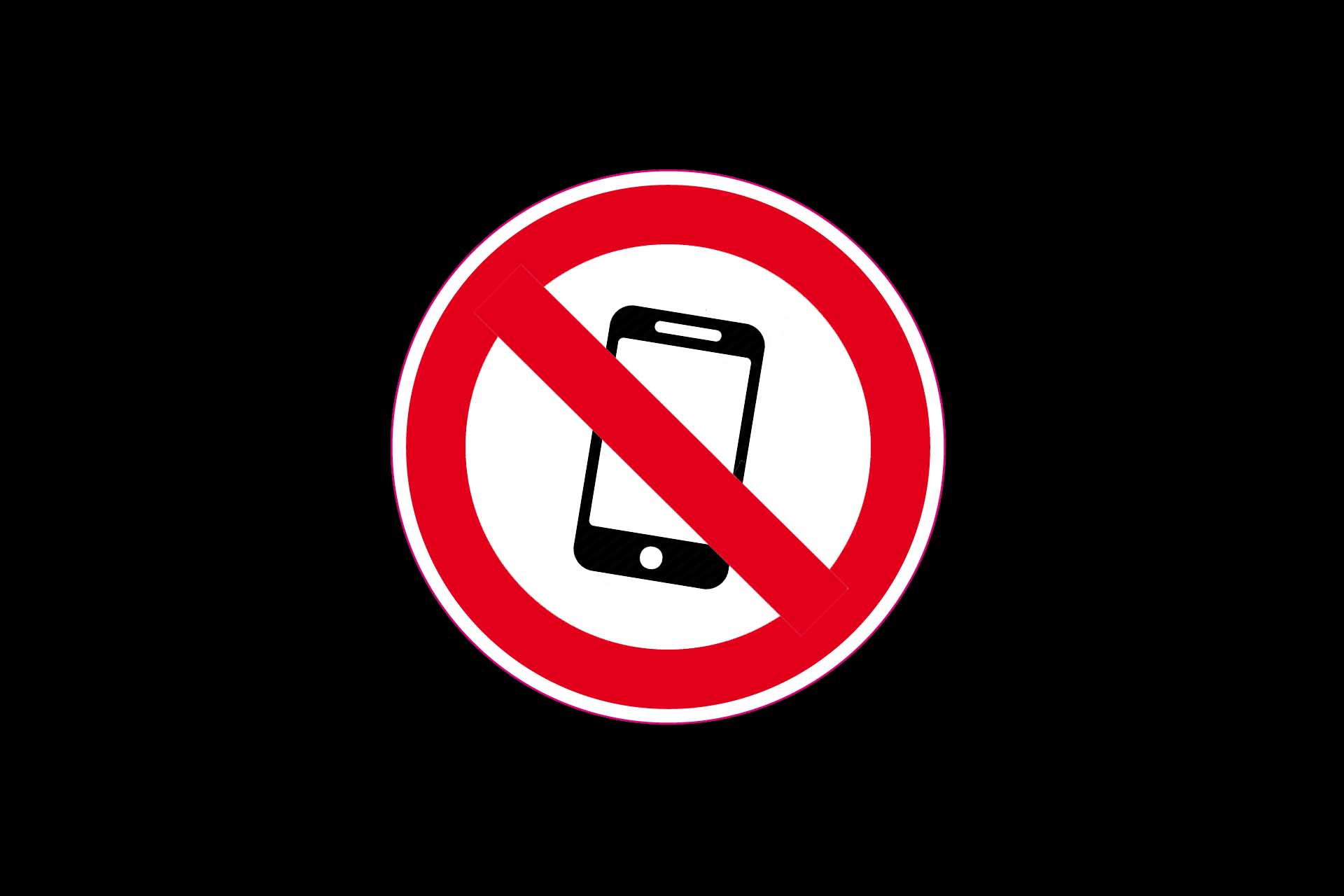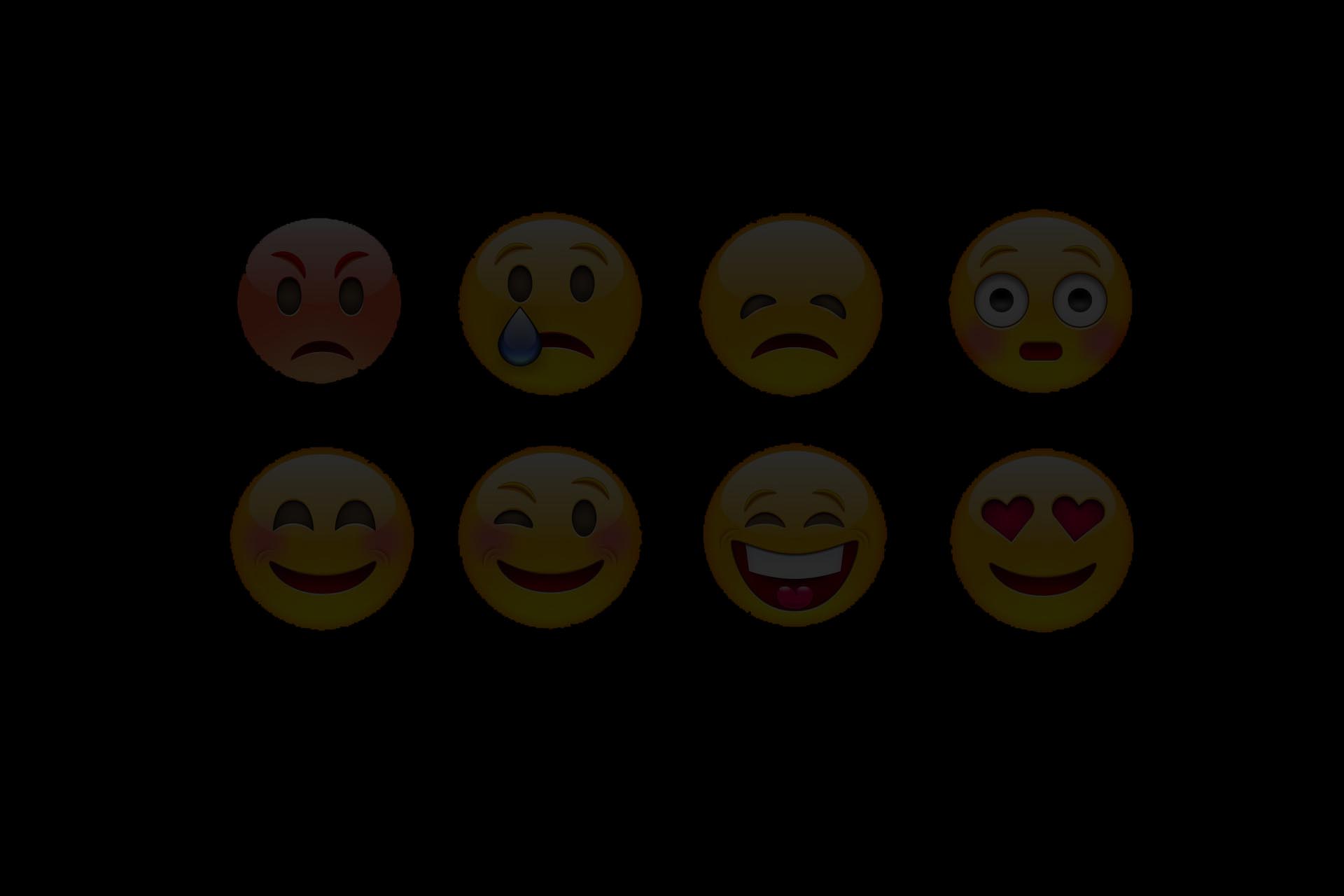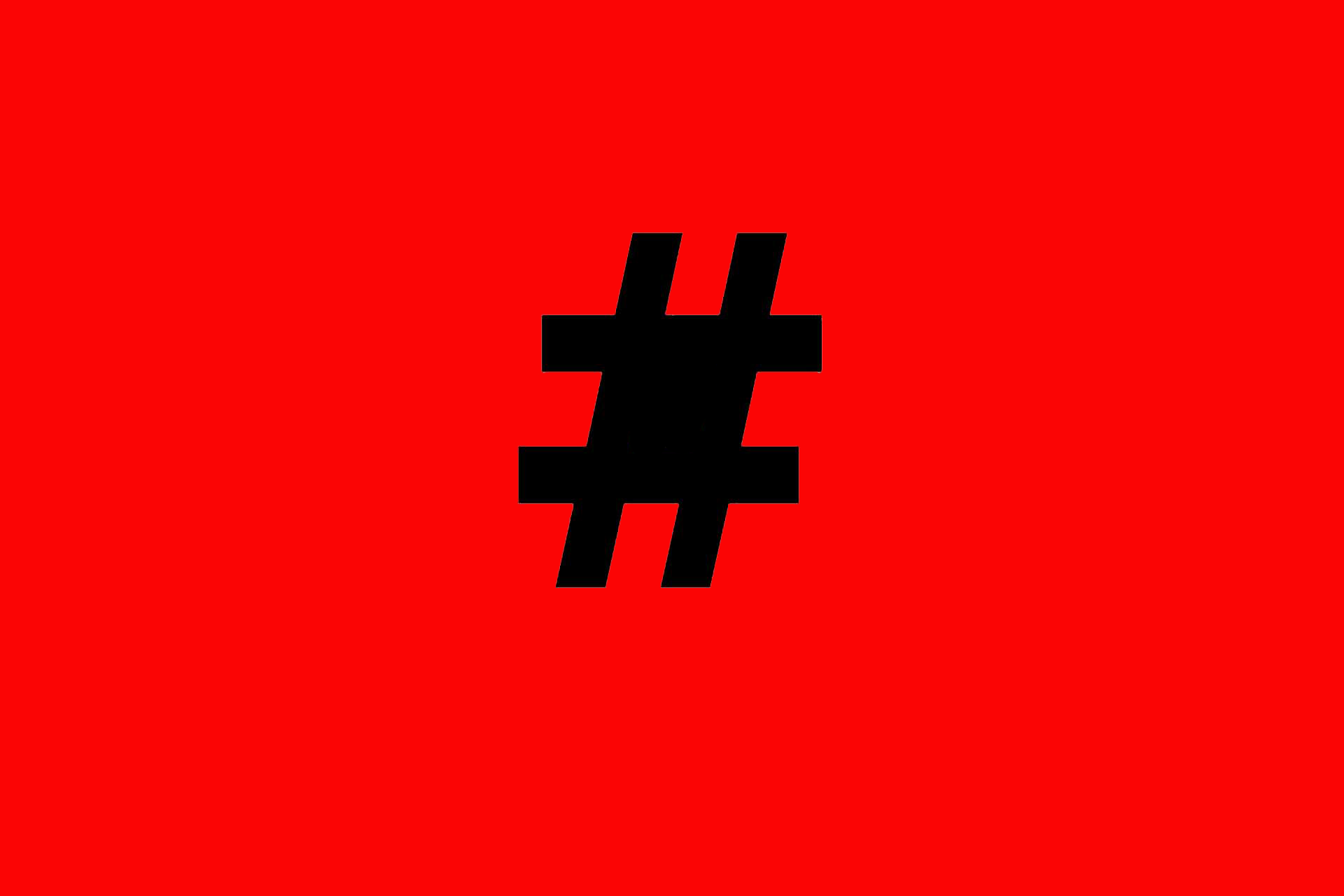What is the FOMO Effect?
Smartpedia: The FOMO effect describes a phenomenon in which people act in fear of missing out on something. FOMO stands for Fear of Missing Out.
FOMO effect – the fear of missing out on something
FOMO is an acronym that stands for “Fear Of Missing Out”. Where the fear comes from, what the something is (possible information, events, messages, news, rumours) and what the perceived or actual consequences are if one misses something cannot be answered in a few sentences at the moment. Various analyses and studies attempt to scientifically investigate the FOMO effect. [1] It is suspected, among other things, that
- the need for affiliation and
- the desire for interpersonal communication,
- self-esteem and
- the concern for exclusion,
- as well as the interest in profiting from trends and short-term developments
are essential factors that influence the effect.
What is certain is that the “Fear of Missing Out” can often be observed in individuals, in organisations and in society. And probably also in most of the readers of this article (more on this later).
Drivers and Examples of the FOMO Effect
Social media platforms are often cited as drivers and beneficiaries of the FOMO effect. Presumably, the continuous flow of information, opinions, comments, pictures or videos promotes the urge not to miss anything and to be “always on”. The possibility of being able to react to tweets from a US president, for example, increases the self-esteem of many users. The algorithms of the platforms subsequently show users similar topics and opinions, and users soon feel they belong to a group (of supporters or opponents). Interpersonal communication in such groups – also known as filter bubbles – increases.
However, social media platforms and the companies behind them are not the only ones trying to exploit the FOMO effect. Here are some examples:
- Suppliers offer low prices on their websites for a limited period of time. Message: Strike now, otherwise it will be too late.
- Travel providers show how many other users are looking at the same hotel during the hotel search. Message: Book now, otherwise someone else will stay in your hotel room after a great day’s holiday.
- Webinar providers use counters or countdowns. Message: Places are limited, so secure one of the coveted seats and valuable insights.
- TV stations fade in new news via ticker during the current programme. Message: Stay with us and you will be the first to know the news.
- Radio stations broadcast news every 20 minutes. Message: Don’t change the station, with us you are always up to date.
- Marketing departments advertise newsletters by the number of recipients. Message: Become one of 15,000 insiders too.
- Websites offer the possibility to activate push messages. Message: As soon as there is something new, we will inform you about it.
- Apps offer notifications as banners, pop-ups, with numbers in red circles or by beep. Message: If there is anything new, we will notify you immediately.
- Email programmes offer preview functions so that messages can be read in full or in part without having to open them. Message: We inform you as simply and pleasantly as possible.
- Software manufacturers publish changelogs and promote new features. Message: Don’t miss the opportunity to work even more efficiently with the new version.
- Smart watches vibrate when there are new messages. Message: Stay up to date with a glance on your wrist.
- Sellers link offers with a validity date. Message: After this date, the offer is no longer valid and you miss out on the benefits on offer.
- Blog posts announce top trends or best practices. Message: You can only be successful if you know these trends and best practices.
- Bakers offer baked goods – e.g. stollen cakes – seasonally and thus make them scarcer. Message: Buy the product now or wait a year for the next opportunity.
- Stock market tickers and Bitcoin tickers show continuous changes. Message: Keep an eye on all values and don’t miss the right time to buy or sell.
The list of such FOMO examples can easily be extended. And of course other motives, principles and effects – or their combination – can also reinforce one or the other example. But the message remains the same: many companies try to use the FOMO effect for their own benefit.
By the way: The effect is also used within the company, for example when staffing projects, forming working groups, working in innovation labs or determining incentives.
A Self-test on the FOMO Effect
How susceptible are you to the FOMO effect? To answer this question, a self-test [2] with a few questions may help:
- Do you take your mobile phone into the bedroom and look at it last thing in the evening and first thing in the morning to check messages, notifications or emails?
- Do you take your mobile phone into the bathroom?
- Do you have your mobile phone within reach during dinner?
- Do you use a second screen (i.e. mobile phone, tablet PC or laptop) while watching TV?
- When you are waiting for something somewhere, do you automatically reach for your mobile phone?
- Have you activated notifications on your mobile phone, on your computer or on websites?
- …
You will probably answer one or the other question with “yes”. According to a study from 2020, the average mobile phone consumption is 3 hours and 40 minutes. According to another study, people look at their mobile phone 88 times a day. [3] Why is that? Possibly because of the FOMO effect. And what is the something that could be missed? This question probably cannot be answered universally; for this reason, another acronym is often used: MOMO. It stands for “Mystery Of Missing Out”.
Antidotes to the FOMO effect
There are a number of tips to counter the FOMO effect. For example, it is recommended, to
- deactivate push notifications and signals on your mobile phone or computer,
- uninstall apps if necessary,
- ban electronic devices from rooms such as the bedroom or bathroom,
- define conscious time-outs, such as going for a walk or having breakfast,
- set conscious times for use, e.g. no use after 10 p.m., or
- use apps that disconnect the mobile phone from the mains for a certain period of time or temporarily deactivate defined apps.
Such and similar tips, however, presuppose a realisation: the user wants to reduce his or her consumption (and possibly do something about his or her fear of missing out). He/she is looking for tips and antidotes. Many users, however, have no problem at all with their consumption. Those who do not recognise a problem will not do anything about it.
There is also a second aspect: many companies have an interest in keeping customers in an application as long and intensively as possible. They design apps with colours that encourage longer use, develop computer games that encourage continuous consumption with rewards in various forms, and celebrate memberships or follower numbers on platforms. Anyone who wants to “free” themselves from FOMO as a customer or user would therefore also have to recognise the companies’ approach and tricks. And that is obviously not so easy.
An alternative path is described by the third acronym in the context of the fear of missing out: JOMO. It stands for “Joy Of Missing Out”. It propagates the joy one feels when one is not permanently online and thus finds more time for things such as personal conversations, meetings with friends or time in nature. Basically, it is based on a different appreciation of interaction, freedom, self-determination etc. A first step in this direction is often initiated by a “digital detox”. The felt and experienced benefits of renunciation lead to a different perception. A perception that it is perfectly fine and even enjoyable not to have to be aware of everything all the time. JOMO is liberation and the opposite of FOMO.
What do you think of acronyms that add a letter to FOMO and thus give an indication of the missing “something”, such as FOMOW, FOMOG or FOMOS? These terms stand for Fear Of Missing Out Work, Gaming or Sports.
Notes (some in German):
[1] Various analyses, studies or reports on FOMO can be found here, among others:
- https://link.springer.com/article/10.1007/s11031-018-9683-5
- Scared to Stay In: The Psychology of FOMO
- The Social Media Party: Fear of Missing Out, Social Media Intensity, Connection, and Well-Being
[2] The self-test is not intended as a sound psychological assessment, but merely tries to point out possible habits that could be an indication of FOMO. It does not replace any media anamnesis.
[3] Täglich 88-mal aufs Smartphone gucken
Here you can find an interesting article about turning FOMO into JOMO: How to Deal with FOMO in College.
Here you can find a podcast with the “funny” name: FOMO Sapiens.
If you like the article or would like to discuss it, please feel free to share it in your network. And if you have any comments, please do not hesitate to send us a message.
And here you will find additional information from our t2informatik Blog:



